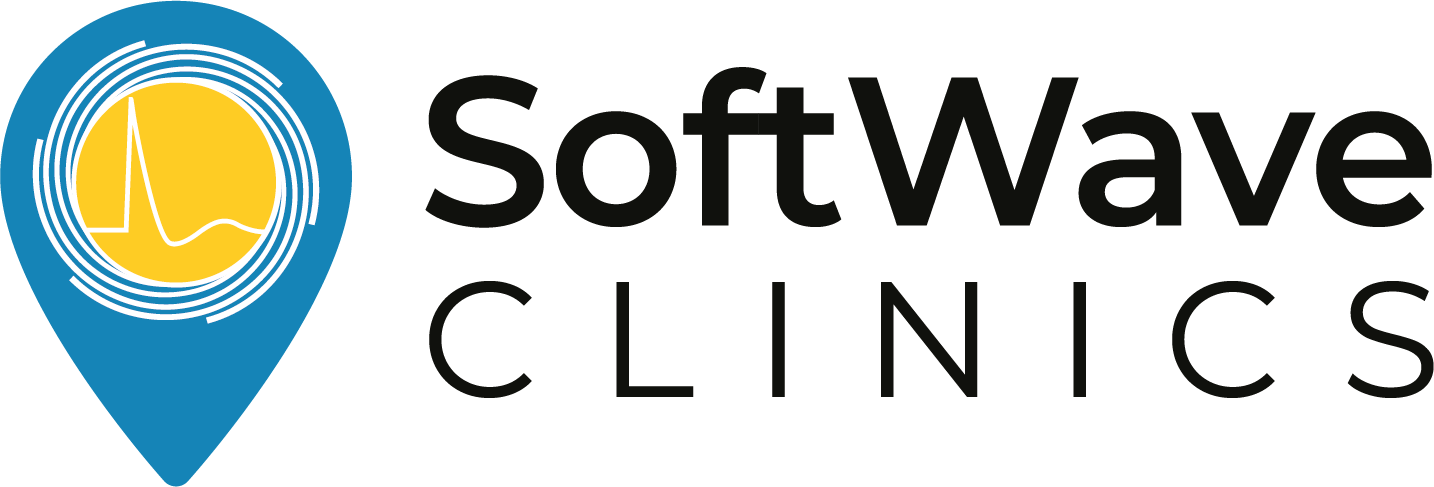Shockwave Therapy Reduces Calcification of Decellularized Aortic Xenografts in Mice
Title of study: Alteration of inflammatory response by shock wave therapy leads to reduced calcification of decellularized aortic xenografts in mice
Authors: Can Tepeköylü, Daniela Lobenwein, Stefan Blunder, Radoslaw Kozaryn, Marion Dietl, Paul Ritschl, Elisabeth J Pechriggl, Michael J F Blumer, Mario Bitsche, Roland Schistek, Katja Kotsch, Helga Fritsch, Michael Grimm, Johannes Holfeld
This study published in the Journal of Tissue Engineering and Regenerative Medicine suggests that shock wave therapy (SWT) can help improve the success rate of tissue-engineered xenografts, which are used to treat heart valve disease. The researchers found that SWT can help reduce inflammation and calcification, which can lead to graft failure. The study involved implanting decellularized porcine aortic pieces subcutaneously into mice and treating them with SWT. The results showed that SWT reduced the calcification of the implanted grafts and improved repopulation with recipient cells. In addition, SWT increased macrophage infiltration and polarization towards M2 macrophages, which are anti-inflammatory cells. The study also found that SWT increased the coverage of endothelial cells and fibroblasts in a pulsatile flow perfusion system. Overall, the study suggests that SWT can serve as a feasible adjunct to heart valve tissue engineering.
The researchers used a shock wave therapy machine to apply SWs to the implanted grafts. The machine delivers low-energy acoustic waves that can penetrate tissue to promote healing and reduce inflammation. The study found that the use of SWT resulted in decreased areas of calcification in treated animals, indicating that it can help prevent graft failure. The researchers believe that SWT could be used in combination with other tissue engineering techniques to improve the success rate of xenografts used to treat heart valve disease. The study also suggests that SWT could be used to promote healing and reduce inflammation in other tissue engineering applications, such as bone and cartilage repair.
